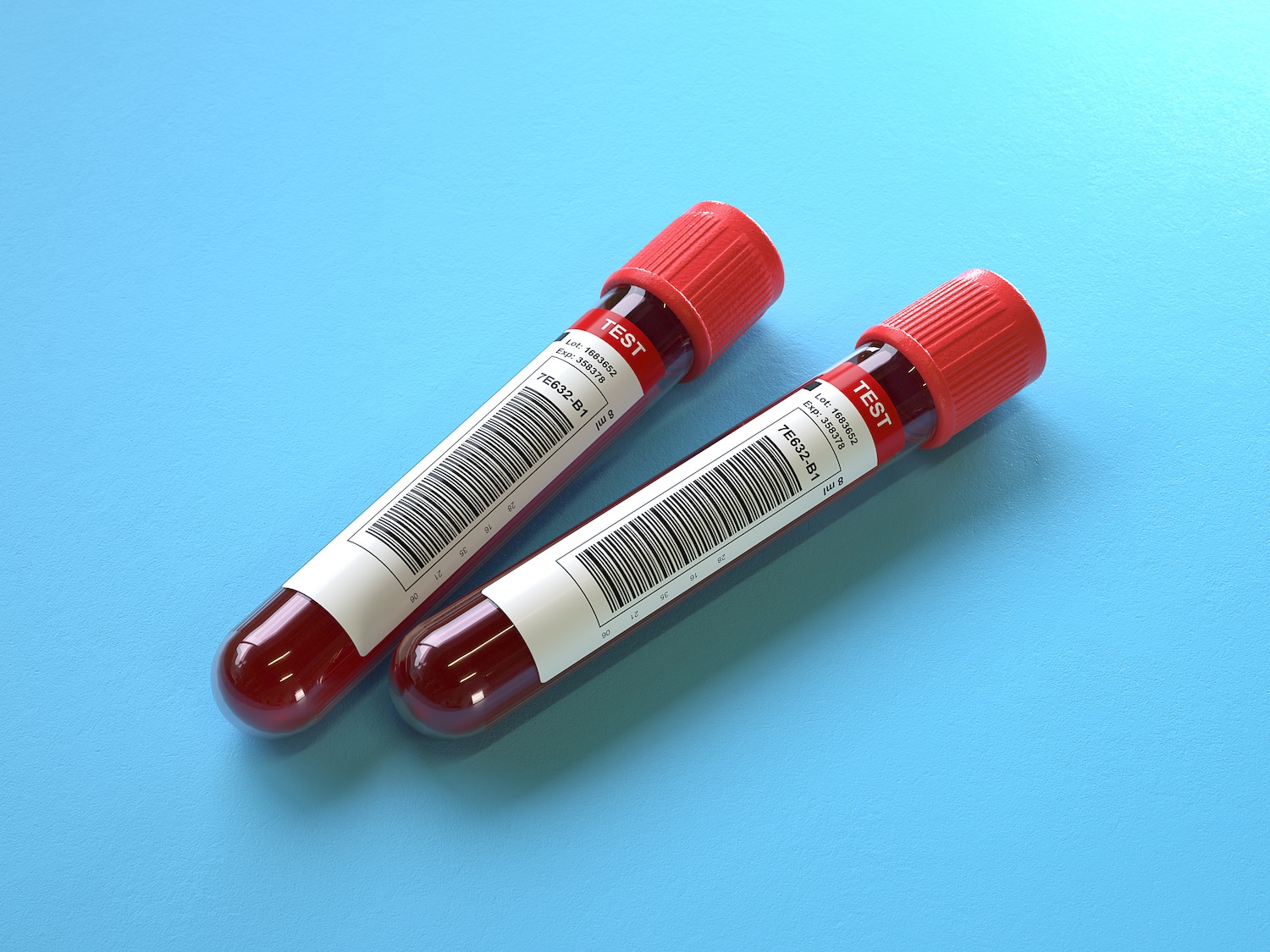Researchers continue to develop new personalized treatments for cancer. These treatments often target tumors with specific molecular signatures, and genomic testing is required to match patients and the treatments most likely to work for them. Rapid and accessible testing is vital for matching patients with clinical trials for these targeted treatments. For mutations affecting a limited number of patients, thousands may need to be screened to identify enough patients to run an effective trial. Some patients might miss out on trials because they don’t know their cancer has a relevant mutation.
A study published Oct. 5, 2020, in Nature Medicine indicates that liquid biopsy—a type of test that analyzes cancer cells or DNA fragments found in blood—can return results more quickly than tissue biopsy. Further, using liquid biopsy tests to screen patients may result in higher clinical trial enrollment, and patients enrolled in trials have similar outcomes regardless of biopsy type.
The standard method for tumor biopsy is to take tissue from a tumor and sequence its DNA. “Everybody knows for tissue-based genotyping, we need to schedule the biopsy, we need to obtain the tissue, the tissue has to be adequate for next-generation sequencing,” says Hao Xie, a gastrointestinal medical oncologist at the Moffitt Cancer Center in Tampa, Florida, who was not involved in the study. “The entire process takes about a month.” During that time, patients may choose not to participate in clinical trials, he says.
Yoshiaki Nakamura, a gastrointestinal oncology researcher at the National Cancer Center Hospital East in Kashiwa, Japan, and his colleagues have been testing the tumor tissue of people with advanced gastrointestinal cancer for years as part of a study called GI-SCREEN, which has the goal of identifying and understanding biomarkers in gastrointestinal cancer and directing patients toward clinical trials.
“We have conducted a tissue-based screening study, GI-SCREEN, since 2015, but found a limitation of tissue genotyping: long turnaround time and unavailability of tissue samples,” Nakamura says.
Nakamura and his team wondered if there might be a more efficient method. In 2018, the researchers launched a second study called GOZILA that included patients with advanced gastrointestinal cancers similar to those in the GI-SCREEN trial. But for the GOZILA trial, the researchers used a liquid biopsy test instead of solid tissue biopsy. The test, called Guardant360, analyzes circulating tumor DNA, or fragments of tumor DNA found in the bloodstream. Guardant360 is commercially available for genomic profiling of solid tumors in the clinic.
The researchers compared testing speed, clinical trial enrollment and clinical trial outcomes between patients in the two trials, based on data on from 5,621 patients who received tissue biopsies and 1,687 who received liquid biopsies. Using the liquid biopsy decreased the time it took to obtain a sample and get results from 33 days to 11 days. Meanwhile, 9.5% of patients who received liquid biopsies enrolled in clinical trials, compare to just 4.1% of those who got tumor biopsies. The proportion of patients whose cancers shrunk in response to treatment was similar for both groups, as was the length of time patients spent before their cancer progressed.
“This is a study that people like me have been waiting for,” says Xie. “This study is very exciting, and it can potentially change our practice.”
Another potential advantage of liquid biopsies: While tissue biopsies represent only the characteristics of a tumor at a specific moment in time, liquid biopsies are less invasive and can be repeated if necessary throughout treatment. “With tissue biopsy, we focus on the tumor at one time point,” says Kun Jiang, a pathologist at Moffitt Cancer Center who was not involved in the study. “The tumor keeps changing. … This liquid material can actually give you updated pictures of the tumor profile.”
“This is a wonderful coordinated effort that shows the value of central screening to get patients into therapies,” says Scott Kopetz, a gastrointestinal medical oncologist at the University of Texas MD Anderson Cancer Center in Houston, who also was not involved in the study. However, “even in this well-conducted study, the number of patients that were able to be enrolled on a trial on the basis of the screening was less than 10%,” he adds, emphasizing that the promise of molecular tests should not be overstated.
Cancer Today magazine is free to cancer patients, survivors and caregivers who live in the U.S. Subscribe here to receive four issues per year.





